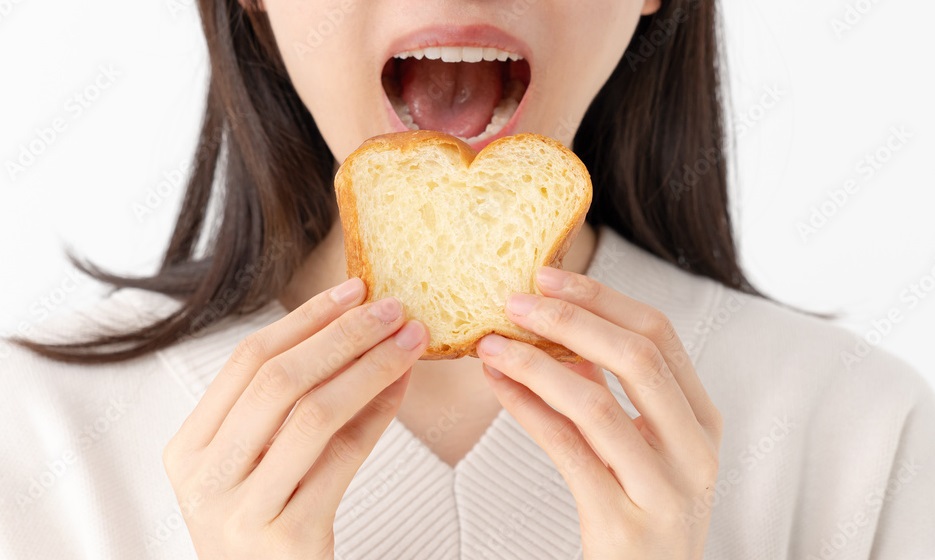Ever found yourself reaching for a slice of bread first thing in the morning or when you’re starving and just can’t wait for a full meal? You’re not alone. Bread is a staple in many diets around the world, often being the go-to option when hunger strikes. But have you ever wondered what happens when you eat bread on an empty stomach? Let’s dive into it!
The Immediate Effects
A Quick Energy Boost
Imagine your body as a car needing fuel to get going. Bread, especially white bread, is packed with carbohydrates that your body quickly converts into glucose, giving you a swift kick of energy. It’s like jump-starting your day with a power-up, which is why toast is such a breakfast favorite.
Increased Blood Sugar Levels
While the energy boost feels great, it comes with a caveat. White bread can cause your blood sugar levels to spike rapidly. For most of us, this isn’t an immediate issue, but if you have diabetes or are watching your blood sugar, it’s something to keep in mind.
Satisfying Hunger
Bread is pretty filling, thanks to its carb content. It’s a quick way to satisfy hunger pangs, which is why it’s so tempting to grab a slice when you’re famished.
Nutritional Considerations
Lack of Nutrients
While white bread gives you a quick hit of energy, it doesn’t offer much else nutritionally. Whole-grain bread is a better option, as it’s richer in fiber, vitamins, and minerals. Think of it as choosing a smarter fuel for your body.
Fiber Content
Fiber is like your digestive system’s best friend, keeping things running smoothly and helping you feel full longer. Whole-grain bread has more fiber, which is why it’s the better choice for sustained energy and satiety.
Digestive Effects
Stomach Acidity
Eating bread on an empty stomach can increase stomach acid production, which is usually no big deal. But if you suffer from acid reflux, it might lead to discomfort or heartburn. So, listen to your body and pay attention to how it reacts.
Digestion Process
When you eat bread, your body gets to work breaking it down right from the first bite. Saliva in your mouth starts converting carbs into sugars, a process that continues as the food travels to your stomach and intestines.
Long-Term Considerations
Weight Management
Bread can be a calorie-dense food, and eating it frequently without balance can lead to weight gain. It’s essential to enjoy it as part of a balanced diet to keep your weight in check and your health on track.
Blood Sugar Control
For steady energy levels and good blood sugar control, pair your bread with protein or healthy fats. This slows down sugar absorption, helping you avoid energy crashes.
Tips for Eating Bread on an Empty Stomach
- Choose Whole-Grain: Go for whole-grain bread instead of white bread to get more fiber and nutrients.
- Pair with Protein: Add some protein like eggs, cheese, or nut butter to your bread for a more balanced meal.
- Watch Portions: Be mindful of how much bread you’re eating to avoid unnecessary calorie intake.
- Know Your Needs: If you have specific dietary needs or health concerns, consult a healthcare professional to find the best way to include bread in your diet.
In summary, eating bread on an empty stomach can provide quick energy and satisfy hunger, but it’s important to make mindful choices about the type of bread and how you pair it with other foods. Balancing your meals with proteins, healthy fats, and a variety of nutrients can help you maintain good health and energy levels throughout the day.
Also Read:
